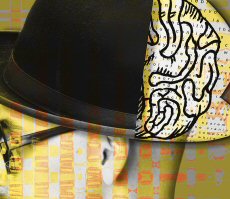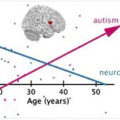
Scientists have identified a way to detect autism with a blood sample and have discovered that drugs which affect the methylation state (so-called “DNA tagging”) of genes could reverse autism’s effects. The researchers hope the new study, appearing in theFASEB Journal, will lead to therapies designed to address specific deficiencies that are caused by autism.
“Since autism is very diverse in the array of symptoms present in any given individual, it is first necessary to be able to identify specific deficits in each individual in order to design and then prescribe the best treatment. As an example of this personalized approach to medicine, we identified RORA as one of the genes that was altered specifically in the sub group of autistic individuals who exhibited severe language deficits,” explained researcher Valerie W. Hu, from the George Washington University Medical Center.
To make their discovery, Hu and colleagues identified chemical changes in DNA taken from cells of identical twins and sibling pairs, in which only one of the twins or siblings was diagnosed with autism. The researchers then compared genes that showed changes in DNA tagging (methylation) with a list of genes that showed different levels of expression from these same individuals.
“Studies like this, which define genetic and epigenetic changes in discrete subgroups of the autism spectrum, offer real hope that effective treatments and accurate diagnosis are closer at hand,” enthused Gerald Weissmann, Editor-in-Chief of the FASEB Journal.
Related:
Autism, Asperger’s and Evolution
Researchers tracking autism’s roots
Researchers mull possible autism triggers
Evolution And The Hive Mind








Comments are closed.